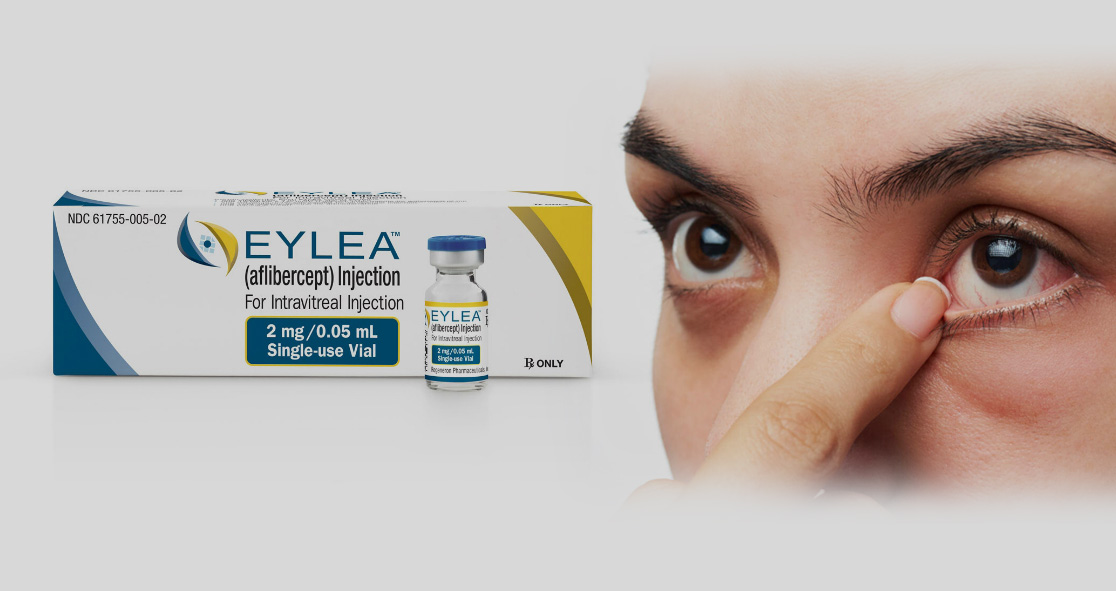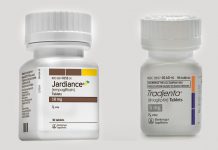A new study has shown that the overall eye health of diabetic people could be benefited from injecting a preventive drug directly into the eyeball.
The study, published Tuesday in JAMA Ophthalmology, found that regular injections of aflibercept, brand name Eylea, caused a more than threefold reduction in blood vessel leakage inside the retina, and a more than twofold reduction in abnormal blood vessel growth in the retina, according to MedicineNet.
However, it is too soon to tell whether this preventive drug will preserve the vision in the long run. The patients who were given the preventive drug injections did not score better on vision tests.
Senior author of the study Dr. Jennifer Sun said, “Based on these results, some physicians will choose to treat early because they feel that preventing the development of complications is important.”
“Other physicians will feel that even though we’re preventing complications if there’s no major difference in vision we might as well hold off and not expose the patient to the cost and burden and risks of treatment,” she added.
Diabetic retinopathy is one of the most common complications in people with diabetes, which leads to vision loss. The condition occurs when the blood vessels in the eye swell or leak in the retina.
Eylea has been considered the “gold standard” treatment for patients with diabetic retinopathy because it inhibits the growth of blood vessels, according to Dr. Sun.
Retina specialist Dr. Richard Rosen, who was not involved in the study, said, “Before these drugs were available, all we really had was laser. That was the standard of care for many years. It definitely could slow down progression of disease, but very often there was no improvement.”
“These drugs have saved vision and allowed people to carry on in a more normal manner,” he added. “It’s really been a tremendous stride forward.”
The study included nearly 400 patients with diabetic retinopathy, of which, 200 received regular injections of Eylea, and the others were given a placebo.
Over two years, the researchers found that the rate of development of proliferative diabetic retinopathy was 14% in the treatment group and 33% in the placebo group, according to MedicineNet. However, in both groups, loss of vision was essentially the same.
Dr. Sun explained, “What this study tells us is that over two years, if you don’t treat immediately but do treat if complications develop, vision outcomes on average are still excellent.”
Eylea is quite expensive. It can cost between $1,000 and $2,000 per dose, and patients do face rare side effects such as infections of the eyeball, Dr. Sun said. “When you’re talking about a drug that’s given on a very frequent basis, that adds up to a huge public health cost.” The story was published Wednesday on MedicineNet.





















